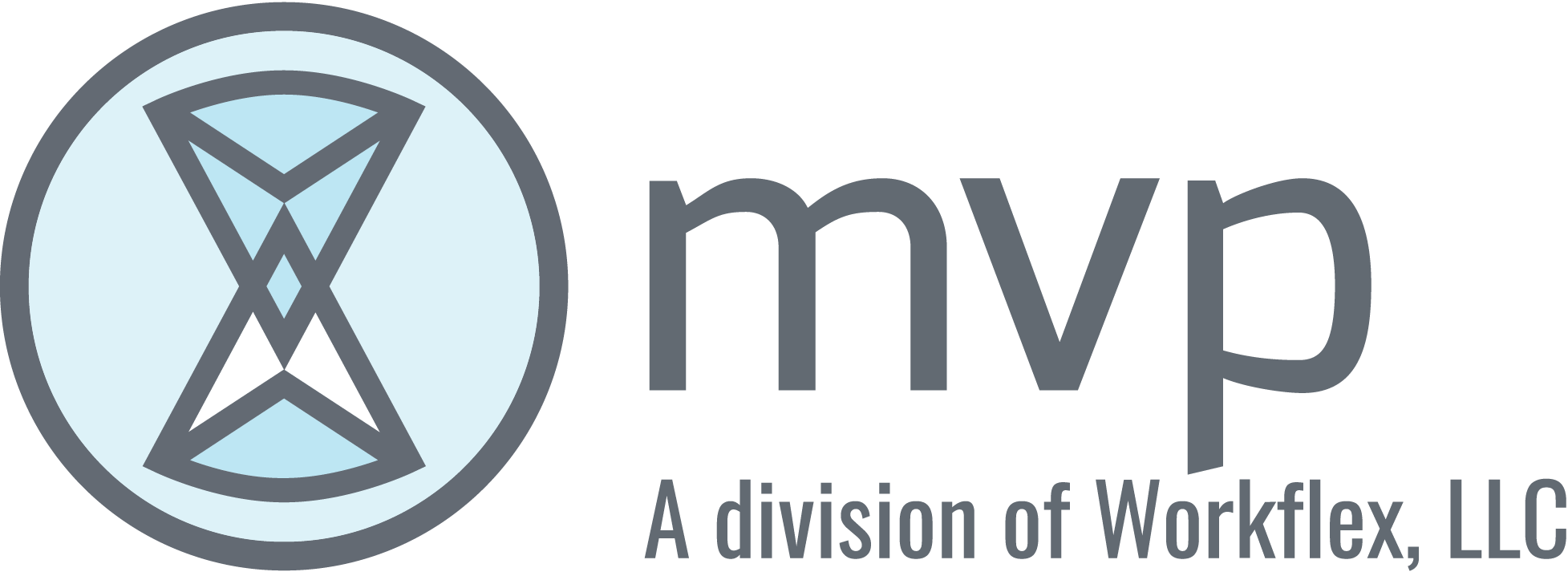Month 19
BEING AN ALLY

Month 19 Challenge
In a time when it feels like the world is becoming increasingly polarized, John A. Powell asks, “How can we build bridges?” In his keynote at the Othering & Belonging Conference, he says “We must hear other people’s suffering and stories. Compassion means to suffer with others.”
What does it mean to be an ally? An ally seeks to understand what it feels like for another person or group to be oppressed, and despite knowing you will never fully understand how it feels, is committed to valuing and supporting people who are marginalized.
Remember, being an ally is not an identity, it is a continual process — something that you must work at, be intentional about, and commit to every day. Explore what active support looks like as an ally in “Guidelines for Being Strong White Allies”, adapted from Uprooting Racism: How White People Can Work for Social Justice.
Please choose two or more of the below activities to complete:
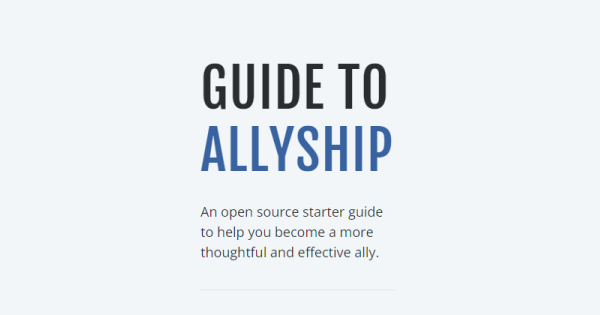
ACTIVITY 1
Read the Do’s and Don’ts of Allyship that are important to know as you practice and evolve your role in supporting equity and inclusion. Explore the do’s and don’ts you’ve perpetuated as an ally (or experienced from an ally) in support of equity and inclusion. What may change for you moving forward?
Select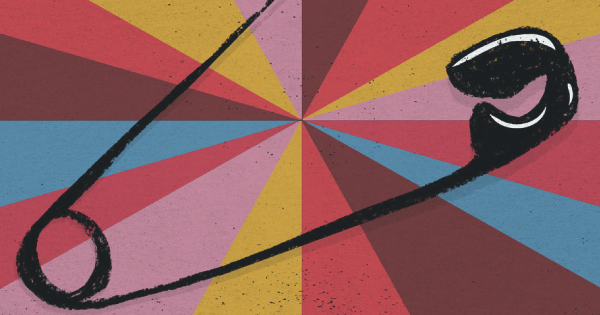
ACTIVITY 2
Listen to NPR’s Code Switch and explore the complexities of allyship. Explore how you feel after listening to the 30-minute podcast. How can you improve your allyship or support allies?
Select
ACTIVITY 3
Read about how to be a better ally in the workplace. Looking for a place to start? Take time to really listen to the experiences of those around you.
Select
ACTIVITY 4
Listen to this podcast discussing the Allyship Continuum and how you can go from unaware to accomplice. Explore where you are along the continuum in contrast to where you want to be.
Select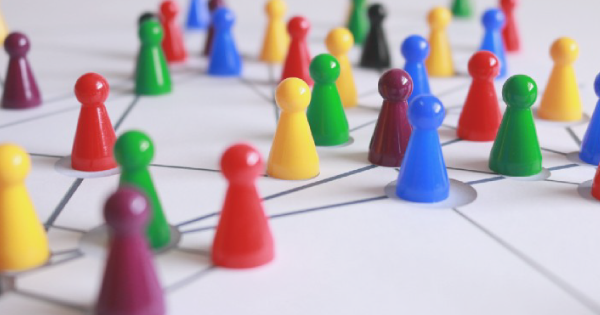
ACTIVITY 5
Go further and learn more about the important difference between an Ally vs. Accomplice in this piece published by Medium.
Select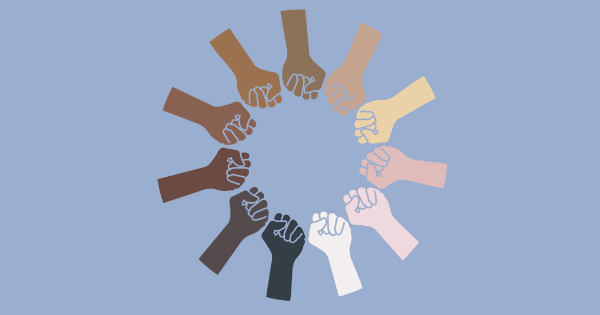
ACTIVITY 6
Join a movement in your community. Attend a workshop like Poverty Simulation or Bystander Intervention. Join a local monthly book group discussion or start one yourself!



